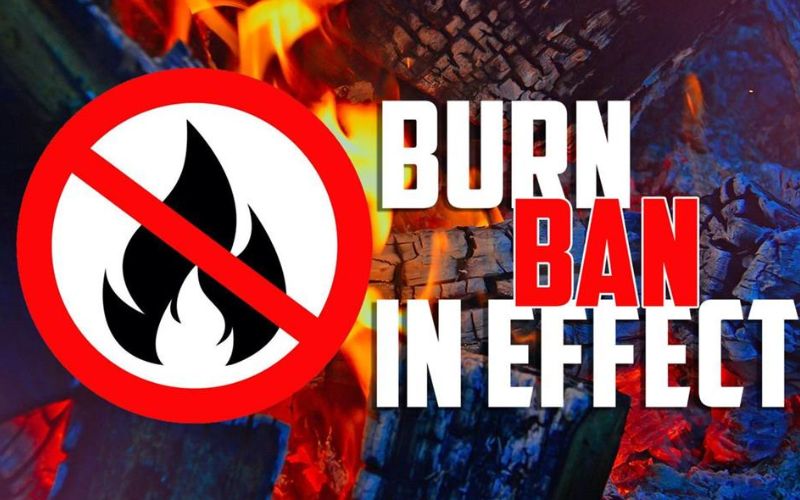As parts of the state continue to see extremely dry conditions, a Ban on Open Burning first ordered on Sept. 6, 2024, by Ohio State Fire Marshal Kevin Reardon has been extended and expanded to include additional counties.
The ban impacts any county in Ohio identified by the National Oceanic and Atmospheric Administration (NOAA) or United States Department of Agriculture (USDA) as being in the “Extreme Drought” or “Exceptional Drought” categories as identified by the United States Drought Monitoring System.
As of today, the Ban on Open Burning includes the following counties: Athens, Belmont, Carroll, Champaign, Clark, Clinton, Fairfield, Fayette, Franklin, Gallia, Green, Guernsey, Harrison, Highland, Hocking, Jackson, Jefferson, Lawrence, Licking, Logan, Madison, Meigs, Miami, Monroe, Montgomery, Morgan, Muskingum, Noble, Perry, Pickaway, Pike, Ross, Tuscarawas, Union, Vinton, Warren, and Washington.
Under the order, if any part of a county is identified by NOAA and the USDA as being in the “Extreme Drought” or “Exceptional Drought” categories, the entire county is included in the burn ban.
“I encourage all Ohioans to make sure they closely follow restrictions in this burn ban,” said Fire Marshal Kevin Reardon. “As we continue to experience these drought conditions, the ban is necessary to protect our communities and our beautiful state. I understand and appreciate the many inconveniences the ban is creating.”
Examples of activities prohibited by this Order in the ban area include those involving the lighting or maintaining of an open fire such as:
Prohibited Activities:
Any open burning of trash, debris, waste, combustibles, leaf piles or similar vegetation
Campfires and bonfires
Throwing down or discarding lit or smoldering material, such as matches or cigarettes
Using or discharging any type of fireworks
Live-fire training events
Flame effect(s) based displays or exhibitions, including sky lanterns and cold spark machines
Using spark- or heat-producing devices for recreational purposes
Acceptable open flame-related activities include indoor cooking, outdoor cooking with electric stoves/cooking elements or propane/liquid fueled cooking as permitted in this Order, and use of non-flame-based heating or electrical devices.





